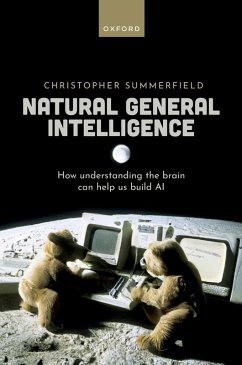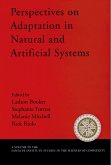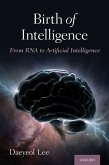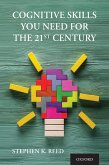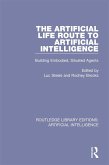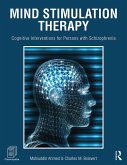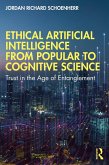Since the time of Turing, computer scientists have dreamed of building artificial general intelligence (AGI) - a system that can think, learn and act as humans do. Over recent years, the remarkable pace of progress in machine learning research has reawakened discussions about AGI. But what would a generally intelligent agent be able to do? What algorithms, architectures, or cognitive functions would it need? To answer these questions, we turn to the study of natural intelligence. Humans (and many other animals) have evolved precisely the sorts of generality of function that AI researchers see as the defining hallmark of intelligence. The fields of cognitive science and neuroscience have provided us with a language for describing the ingredients of natural intelligence in terms of computational mechanisms and cognitive functions and studied their implementation in neural circuits. Natural General Intelligence describes the algorithms and architectures that are driving progress in AI research in this language, by comparing current AI systems and biological brains side by side. In doing so, it addresses deep conceptual issues concerning how perceptual, memory and control systems work, and discusses the language in which we think and the structure of our knowledge. It also grapples with longstanding controversies about the nature of intelligence, and whether AI researchers should look to biology for inspiration. Ultimately, Summerfield aims to provide a bridge between the theories of those who study biological brains and the practice of those who are seeking to build artificial brains.
Dieser Download kann aus rechtlichen Gründen nur mit Rechnungsadresse in A, B, BG, CY, CZ, D, DK, EW, E, FIN, F, GR, HR, H, IRL, I, LT, L, LR, M, NL, PL, P, R, S, SLO, SK ausgeliefert werden.

